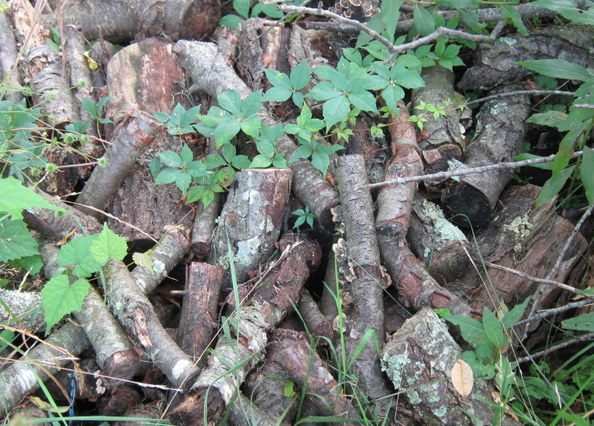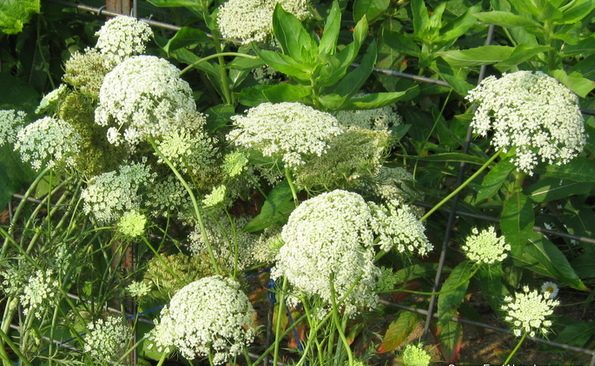How To Attract Beneficial Insects To Help Your Garden Thrive

Would you like a helping hand to control insect pests in your garden? My friendly, helpful neighbors are beneficial insects. Beneficial insects are predators and parasites that kill other insects. Though they are not likely to completely wipe out a pest population, they often make a serious dent in it. My vigorously growing plants can usually handle the small remaining population of pests.
There are hundreds of different types of beneficial insects. Some of them will attack a wide variety of pests, while others focus on only one species. Some will eat or parasitize insect eggs, while others attack larvae or adult insects. Beneficial insects can be found anywhere, from in the soil to the tops of tall trees.
Some people hate all insects, and will kill any that they see in their garden. But 97% of insect species are either beneficial or neutral. Only 3% or less will actually damage your garden plants.
To help reduce insect pests in my garden, I use these four steps to attract beneficial insects to my yard:
1) Offer a Diverse Habitat
Provide as many features of an ideal habitat as possible. Landscape your yard with a variety of:
- Shrubs and small trees, including evergreens
- Perennial flowers and grasses
- Annuals and low dense ground cover
- A mixture of sunny areas and moist shaded areas

2) Provide Undisturbed Areas
Offer several undisturbed insect habitats close to your garden:
- Places the beneficial insects can retreat to when garden is tilled or crops harvested, such as hedgerows, or mulched garden beds with perennials and dense shrubs
- Places for them to hibernate during winter, including small piles of plant debris, rocks, logs, and piles of mulch
- Shelter from wind, rain, or sun

3) Offer Sources of Moisture
Provide sources of water in shallow containers, or use a water sprinkler regularly in your garden

4) Provide Alternate Food Sources
Beneficial insects need alternate food sources – including insects, pollen, and nectar
- Well-fed beneficials can lay up to 10 times more eggs
- Insectary plants provide pollen, nectar, shelter, and sources of insects
- Arrange to have a wide variety of insectary plants blooming from early spring to late fall

Avoid Using:
- Pesticides or electric bug zappers (they kill many beneficials)
If you would like more resources for controlling insects and diseases, I highly recommend this book:
The Organic Gardener’s Handbook of Natural Pest and Disease Control: A Complete Guide to Maintaining a Healthy Garden and Yard the Earth-Friendly Way (Rodale Organic Gardening Books)
~Debra
